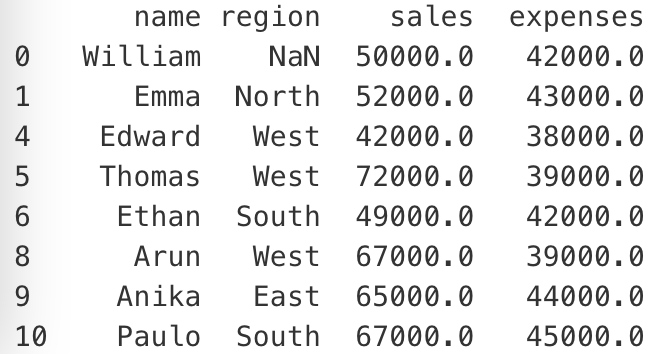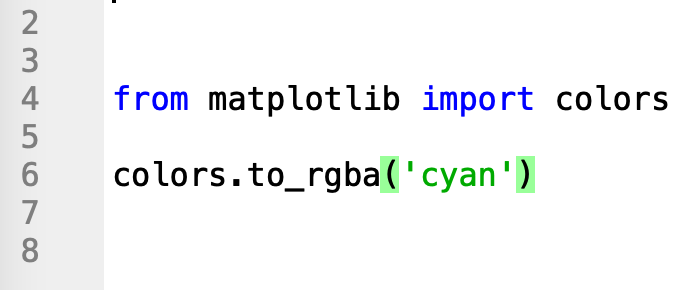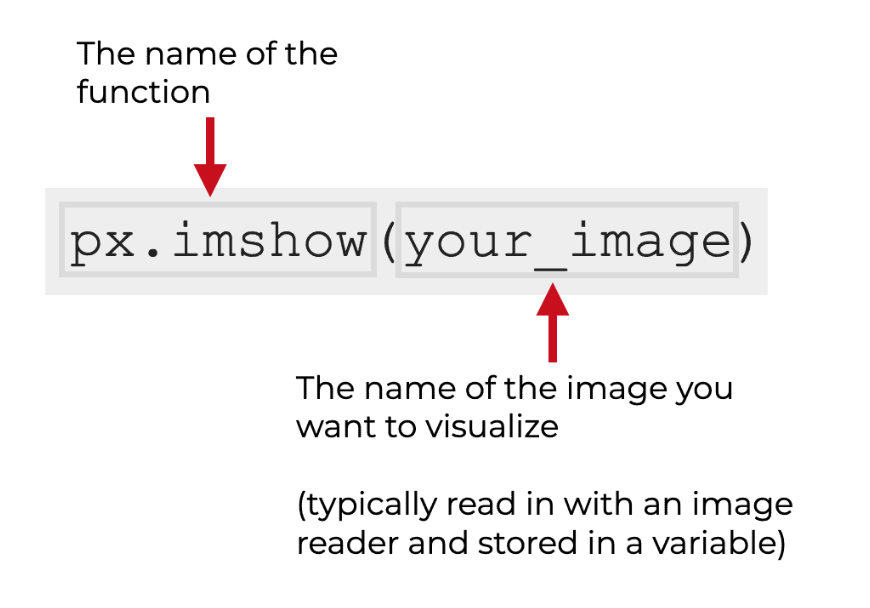
In Python ...
You can use the Pandas dropna method to drop rows with missing values.
#Python #pythoncode #datascience



You can use the Pandas dropna method to drop rows with missing values.
#Python #pythoncode #datascience




As seen above, you can limit dropna to specific columns with the 'subset=' parameter.
With 'subset=', you can specify the columns in which dropna will look for missing values
#Python #pythonlearning #datascience
With 'subset=', you can specify the columns in which dropna will look for missing values
#Python #pythonlearning #datascience
If it finds missing values in any of those columns, it will drop the row.
But it will ignore missing values in other columns.
But it will ignore missing values in other columns.
Dealing with missing values is extremely important in the initial phases of data cleaning ...
And it's also really important for other parts of the data workflow (i.e., in data analysis, machine learning, etc)
#Python #datascience #machinelearning
And it's also really important for other parts of the data workflow (i.e., in data analysis, machine learning, etc)
#Python #datascience #machinelearning
That being the case, it's important to know how to use the Pandas dropna function.
To learn more about how to handle missing values in Python, read this tutorial about Pandas dropna:
sharpsightlabs.com/blog/pandas-dr…
#Python #pythonlearning #datascience
sharpsightlabs.com/blog/pandas-dr…
#Python #pythonlearning #datascience
• • •
Missing some Tweet in this thread? You can try to
force a refresh


















